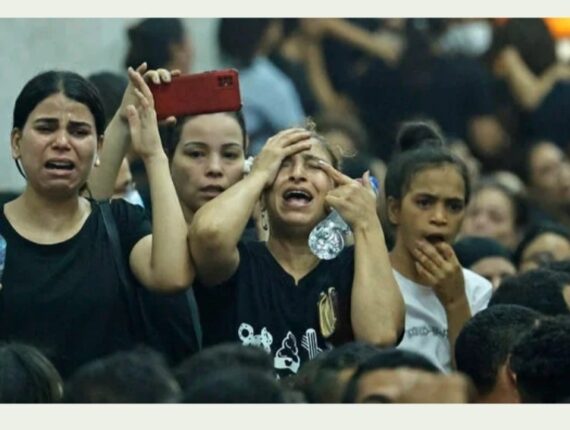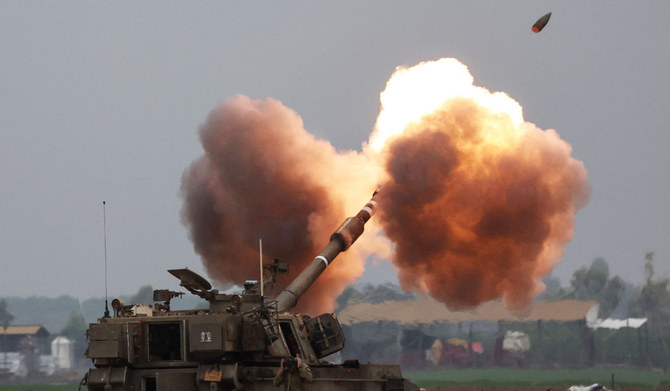Arab News
By: Rabbi Marc Schneier
August 22, 2022

Image: AFP
Forty-one innocent souls, including 15 children, died when fire devoured a Coptic Orthodox church in Giza on Aug. 14 — an unspeakable loss that shocked Egypt to its core. As fear levels rose, the tragedy threatened to become another point of division in a country beset by so many challenges in recent years. Religious rhetoric sharpened.
But as partisans plotted, and most Egyptians mourned and took stock of their collective loss, Egypt international footballer Mohamed Salah set an example for us all, immediately donating 3 million Egyptian pounds ($157,000) to aid the church and its congregants.
Salah, the Liverpool right wing who has been one of the English Premier League’s most prolific scorers over the past four years, is also a devout Muslim. His heartfelt generosity toward his Christian countrymen in their time of need should strike a chord with everyone as the exemplification of an interfaith solidarity that Egypt sorely needs in order to recover from this tragedy, and emerge more stable and united. Salah’s actions demonstrate Egypt still can tap into a wellspring of interfaith togetherness to take the nation forward.
Salah’s resources were critical, but his timing even more so. As the ashes at the Abu Sefein church cooled, voices of division rose, seizing on what seemed to be an accident from faulty electrical wiring to advance dubious agendas.
Coptic leaders, crushed by the loss of life around them, are understandably sensitive at this moment. With some merit, they have argued that not enough has been done to integrate their minority voices at the national level and shield their congregants from discrimination.
It takes leaders at the government, religious and civil society levels, such as Salah, to ease tensions and re-establish the sense of togetherness that is so critical in any multiconfessional society.
Egyptians have faced enough hardship, from rising food prices and high unemployment to the collapse of one of the world’s greatest tourism industries. The divisions that came to the surface during the country’s previous Muslim Brotherhood-run government still seem to scar the country today, affecting Coptic Christians as well as mainstream Muslims, not to mention jittery foreign investors.
“Mohamed Salah’s actions demonstrate Egypt still can tap into a wellspring of interfaith togetherness to take the nation forward.” – Rabbi Marc Schneier
So much rests on Egypt, a pillar of Middle East stability since the 1980s. As the Arab world’s most populous country, it has always had an impact well beyond its borders and still wields tremendous clout throughout the region as a cultural bellwether. It is in everyone’s interest that it use this platform to be a loud voice for peace and intercommunitarian harmony, both at home and among its neighbors. There must be no space for extremism here.
After a decade of instability, we all have a stake in seeing a strong and positive Egypt re-emerge in the region. Actions such as Salah’s play a bigger role than most people realize. It will take manifestations of interfaith solidarity, large and small, to prevent another devastating detour for the Egyptian people and the region.
His swift action also holds a more personal lesson for all of us on a moral level. Being a voice for national togetherness is critical when the fabric of society frays, and charitable giving is central to Coptic Christianity, Islam, Judaism and, I daresay, all faiths.
As a rabbi, I preach it as “tzedakah.” It is embedded in the very core of the Torah, our holiest scripture. For Mohamed Salah, it is zakat, or alms giving, a fundamental pillar of Islam. It is the same thing. And in this case, Salah’s example should inspire all of us to be our most generous selves, even as we grieve and recover.
• Rabbi Marc Schneier is president of the Foundation for Ethnic Understanding and a noted adviser to many Gulf states.




